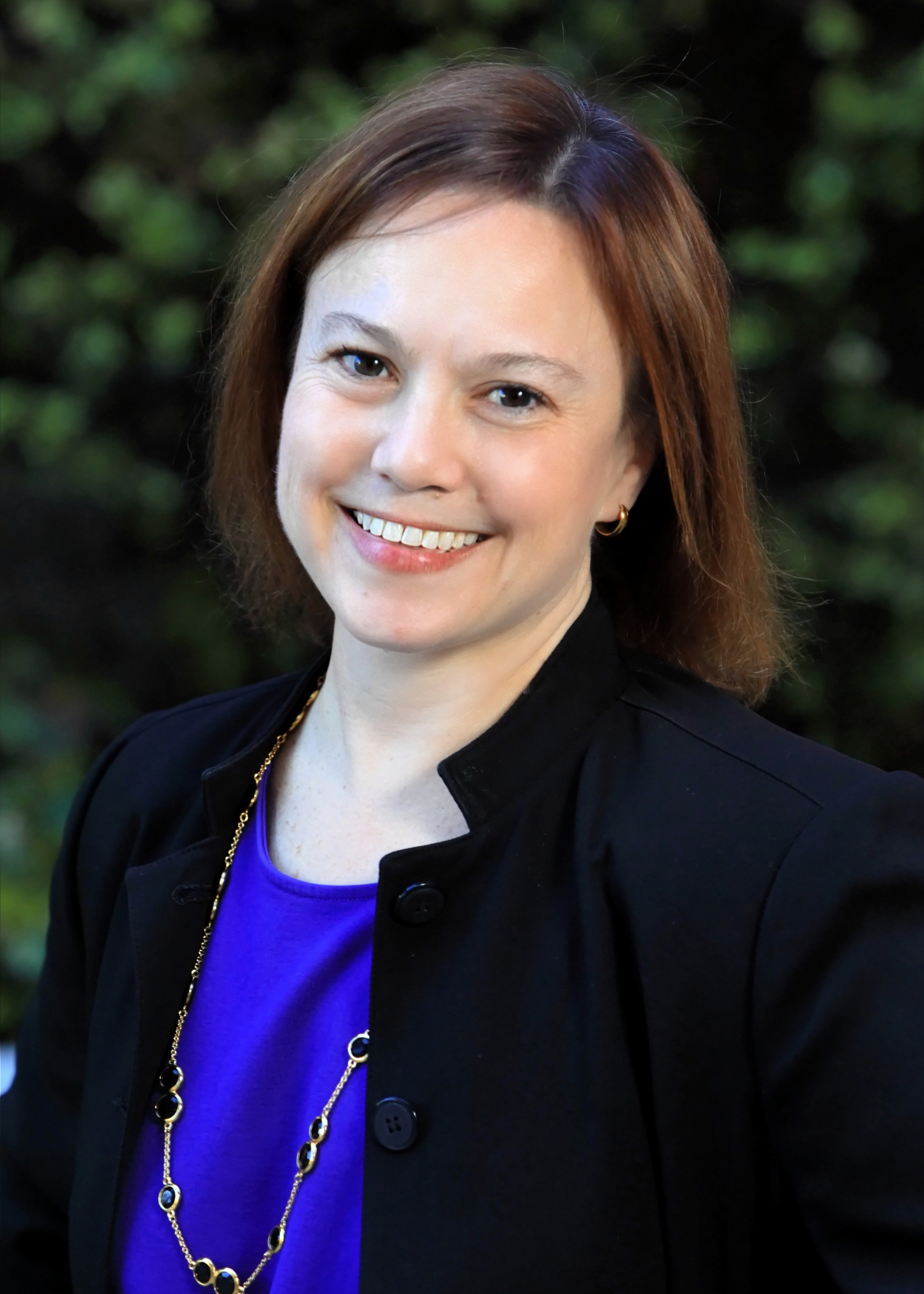Flash Presentation
Clinical Ethics
Session: Vulnerable Populations Flash Session
Understanding Pediatric Nursing Moral Conflict and Reasoning When Caring for Children During Investigations of Suspected Physical Abuse
Saturday, October 14, 2023
9:00 AM - 10:15 AM ET
Location: Heron (Fourth Floor)
Nurses in pediatric trauma centers routinely care for injured children hospitalized during child protective services (CPS) investigations for suspected physical abuse (PA). The bioethics and nursing literature suggests nurses feel moral conflict in caring for these children and families. Yet, the literature fails to clarify that nurses primarily care for children with suspected PA: most investigations remain ongoing throughout a child’s hospitalization. Thus, the science is incomplete as it overwhelmingly describes nursing care of physically abused children – not possibly abused children.
Child PA is a common US public health problem, and bedside nurses are often the primary contact for hospitalized families. Children hospitalized with suspected PA often require more care as they are, on average, younger, more seriously injured, and have longer hospitalizations than other injured children. Furthermore, CPS investigations are common (involving 1 in 8 US children) and an issue of health equity – disproportionately affecting children of color and of low socioeconomic status.
To address this gap in the science, we will survey nurses who have cared for children in US pediatric trauma centers during CPS investigations for suspected PA. Through a mixed-methods cross-sectional survey, we seek to answer two research questions: (1) Do nurses experience moral conflict specific to the ambiguity of suspected PA?; and (2) Do nurses make unique determinations of PA during ongoing investigations, potentially different than CPS determinations? If so, what are nursing moral reasoning priorities? In this work-in-progress presentation, we will discuss survey development and explore preliminary findings.
Child PA is a common US public health problem, and bedside nurses are often the primary contact for hospitalized families. Children hospitalized with suspected PA often require more care as they are, on average, younger, more seriously injured, and have longer hospitalizations than other injured children. Furthermore, CPS investigations are common (involving 1 in 8 US children) and an issue of health equity – disproportionately affecting children of color and of low socioeconomic status.
To address this gap in the science, we will survey nurses who have cared for children in US pediatric trauma centers during CPS investigations for suspected PA. Through a mixed-methods cross-sectional survey, we seek to answer two research questions: (1) Do nurses experience moral conflict specific to the ambiguity of suspected PA?; and (2) Do nurses make unique determinations of PA during ongoing investigations, potentially different than CPS determinations? If so, what are nursing moral reasoning priorities? In this work-in-progress presentation, we will discuss survey development and explore preliminary findings.
Annie Friedrich, PhD HEC-C – Assistant Professor, Center for Bioethics and Medical Humanities, Medical College of Wisconsin

Elizabeth Cleek, PHD RN CPNP-PC (she/her/hers)
Assistant Professor, Research
Medical College of Wisconsin
Milwaukee, WisconsinDisclosure(s): No financial relationships to disclose

.jpg)